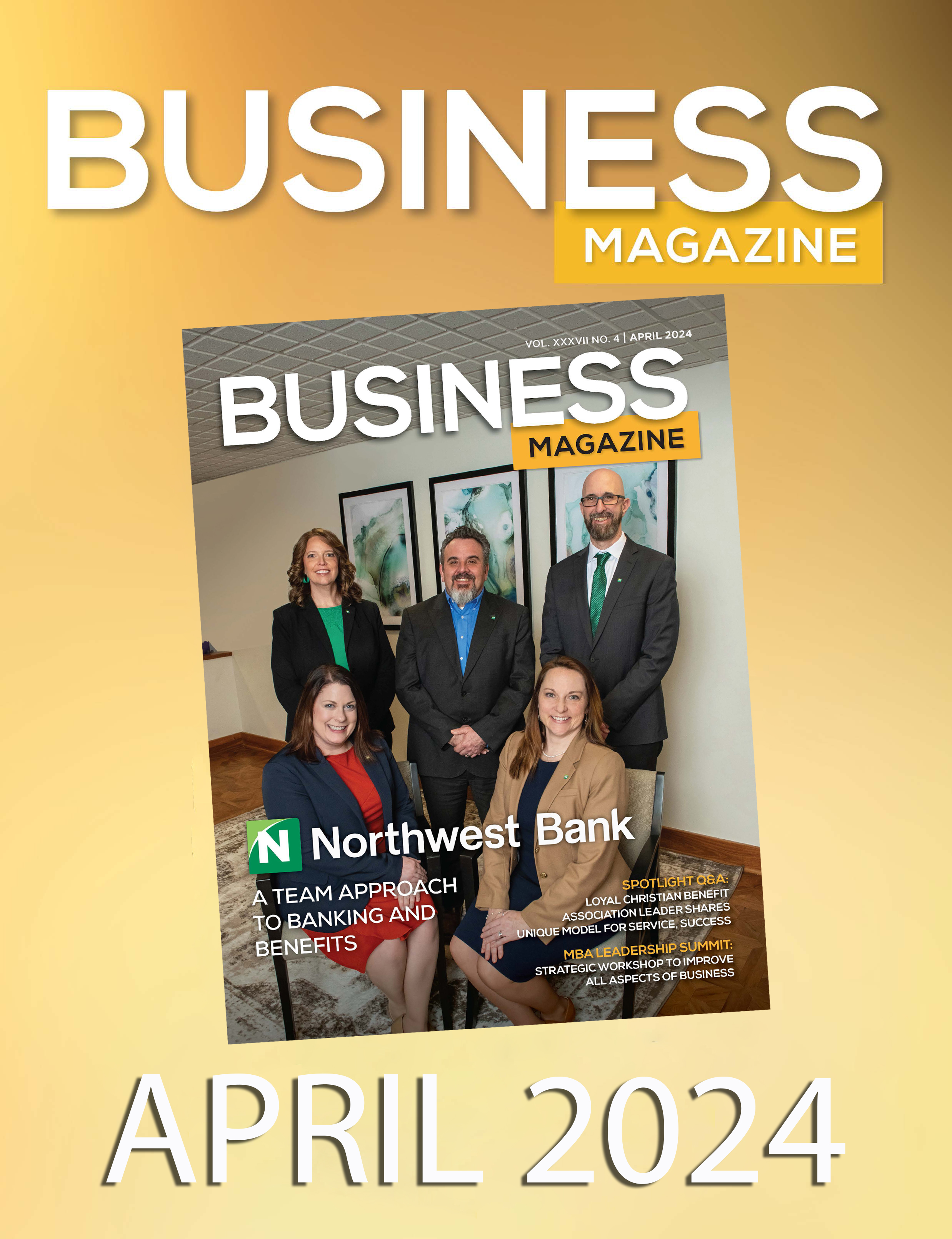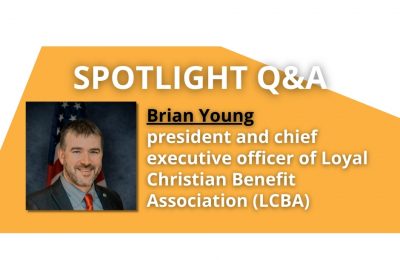According to a recent survey by the International Foundation of Employee Benefit Plans, 84 percent of U.S. employers report they are very likely to or definitely will continue to provide health insurance for full-time employees when public exchanges are scheduled to become available starting in 2014. The reasons for doing so are because employers wish to maintain employee satisfaction and retain current employees.
Employers will face a monetary penalty for employees going to the public exchange. Although the penalty may not be cumbersome at first, many employers also may feel obliged to increase employee pay in order for the employee to pay for their own coverage. Only lower-income individuals and families will be eligible for federal subsidies to help pay for the insurance bought in a public exchange. The employer would then be paying the penalty, paying employees more to allow them to buy their own health insurance and lose the tax deduction attached to offering benefits.
To learn more, I urge you to read this month’s For What It’s Worth column, “Pennsylvania’s Businesses, Consumers Deserve More When It Comes to Public Health Exchanges” on page 3.
As a result of public exchanges, many employers may start to look into private exchanges as opposed to the public exchanges. Private exchanges do not have all the cumbersome regulations and penalties attached to the public exchanges. Private exchanges typically will offer more decision-support tools and personalized help for users that likely will not be as available in state and federal government exchanges.
Private exchanges may become the new way to offer health insurance. 2013 will be a telling year as all segments prepare to venture into the next era of employee benefits.
For more information about health insurance exchanges, contact Patty Smith at 814/833-3200, 800/815-2660 or psmith@mbausa.org.














